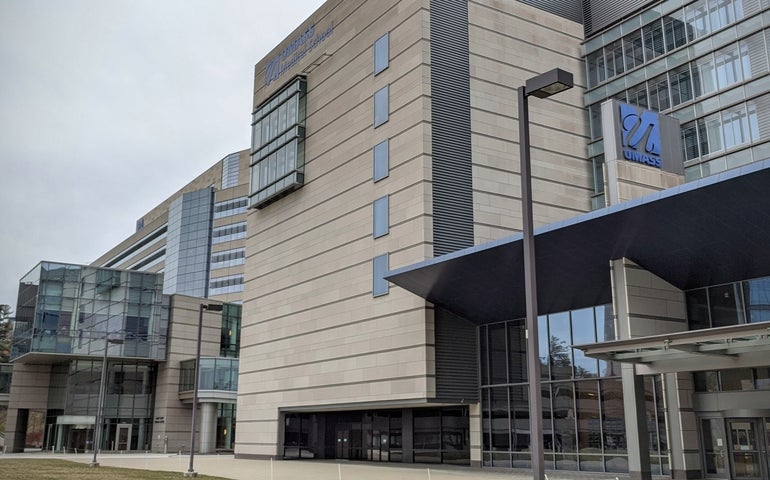A study from an institute in which the UMass Medical School is a member has raised concerns about a federal rule regarding how non-residents receive coronavirus and other care.
A revised federal public charge admissibility rule could prompt thousands of Massachusetts residents to forgo health care or disenroll from their coverage plans, according to a report released Tuesday in a collaboration between the Blue Cross Blue Shield of Massachusetts Foundation’s Massachusetts Medicaid Policy Institute and UMass Medical School’s Commonwealth Medicine.
The public charge rule, which covers whether a non-citizen can receive health benefits, was suspended during the pandemic. It was reimposed when the U.S. Court of Appeals ruled on Sept. 11 that the Department of Homeland Security could do so.
The U.S. Department of Citizenship and Immigration Services says self-sufficiency has long been a basic principle of the country’s immigration law.
The rule, according to the Blue Cross and UMass Medical School report, makes it harder for some immigrants to obtain green cards or visas if they’ve applied for or enrolled in public health benefits such as MassHealth, the state program that covers Medicaid and the Children’s Health Insurance Program, or for the Supplemental Nutritional Assistance Program.
The report estimates that 55,000 to 129,000 Massachusetts residents will likely avoid enrolling in, or disenroll from, MassHealth. Another 27,000 to 63,000 residents will avoid enrolling in, or disenroll from, SNAP, it said.
Lower enrollment numbers in such programs could also mean less revenue for the state. Massachusetts gets an estimated $36 million to $85 million in SNAP retailer redemptions annually, as well as federal matching dollars for Masshealth, the report said.
“The public charge rule could impact the Commonwealth’s most pressing health policy priorities,” the report said. “Over the past few decades, Massachusetts has invested heavily in achieving near-universal health care coverage, culminating in the lowest uninsured rate in the nation. By causing an estimated 55,000–129,000 Massachusetts residents to forgo or disenroll from MassHealth coverage, the public charge rule could chip away at this progress.”

